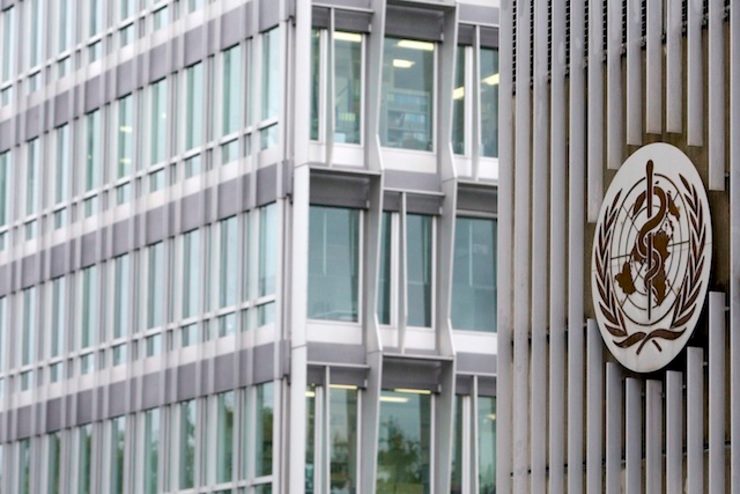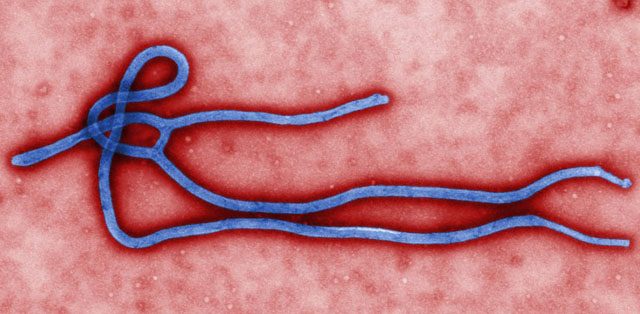SUMMARY
This is AI generated summarization, which may have errors. For context, always refer to the full article.

GENEVA, Switzerland (UPDATED) – The World Health Organization (WHO) on Wednesday, August 6, began a two-day emergency meeting on west Africa’s Ebola epidemic, with the UN agency deciding whether to declare it an international crisis after the number its casualties hit 932, and the number of cases rising to 1,711.
The closed-door session is tasked with ruling whether the outbreak constitutes what is known in WHO-speak as a “public health emergency of international concern”.
Taking the form of a telephone conference between senior WHO officials, representatives of affected countries, and experts from around the globe, the meeting is not expected to make its decision public until Friday, August 8.
To date, the WHO has not issued global-level recommendations – such as travel and trade restrictions – related to the outbreak which began in Guinea and has spread to Liberia, Sierra Leone and Nigeria.
But the scale of concern is underlined by the WHO emergency session itself – such consultations are relatively rare.
The UN agency this year held such meetings on polio and last year on the mysterious Middle East Respiratory Syndrome.
But before that, the last emergency meeting had been during the 2009 H1N1 influenza outbreak.

Since breaking out earlier this year, the Ebola epidemic in west Africa has claimed 887 lives and infected more than 1,603 people.
Most of the deaths have been in Guinea, but the scale of the epidemic has slowed there, while intensifying in neighboring Liberia and Sierra Leone.
Nigeria on Wednesday confirmed five new cases of Ebola in Lagos and a second death from the virus, bringing the total number of infections in sub-Saharan Africa’s largest city to seven.
Ebola, a form of hemorrhagic fever for which there is no vaccine, causes severe muscular pain, fever, headaches and, in the worst cases, unstoppable bleeding. (READ: Ebola outbreak speeds up efforts to find a vaccine)
It is believed to be carried by animals hunted for meat, and spreads among humans via bodily fluids. (READ: Fast Facts: Ebola)
It has killed around two-thirds of those it has infected since its emergence in 1976, with two outbreaks registering fatality rates approaching 90%.
The death rate in the current outbreak is around 55%. (READ: TIMELINE: Ebola, a ruthless killer)
Ebola was first discovered in 1976 in what is now the Democratic Republic of Congo, and is named after a river there. – Rappler.com
Add a comment
How does this make you feel?
There are no comments yet. Add your comment to start the conversation.